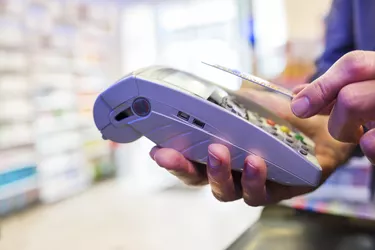
The Michigan Bridge card, or MICard, provides recipients with a convenient way to utilize benefits available to low-income residents established under the partnership between the Michigan Department of Human Resources and the Michigan Association of United Ways. The card works like a debit card for services ranging from traditional food and housing subsidies to new sources such as farmers markets. To utilize benefits, potential recipients must establish need based primarily on income.
Programs
Video of the Day
The Bridge card is a single, rechargeable instrument that subscribers use for food-assistance programs, shelter assistance, childcare, health care and other programs for which they qualify, some administered by non-profit, non-governmental groups such as Meals on Wheels and the Michigan Community Action Agency. Requirements for participation vary by program, but all include income ceilings, Many programs are partly or entirely funded with federal money, so income requirements reflect federal poverty guidelines. Earnings such as wages, Social Security or veterans benefits can affect the amount of aid available.
Video of the Day
Beyond Income
Bridge applicants must be U.S. citizens and residents of Michigan and may not be receiving financial aid from another state. Recipients may have limited financial assets, typically between $3,000 and $5,000, not counting a primary residence, vehicles and private property. Need is established based on physical health and safety, emergency need due to loss of employment or natural disaster, retraining for obsolete skills or college tuition and underwater mortgages or tax relief. Benefits might be temporary and targeted, such as home repair following a disaster or long-term, such as child care subsidies, depending on applicants' needs.